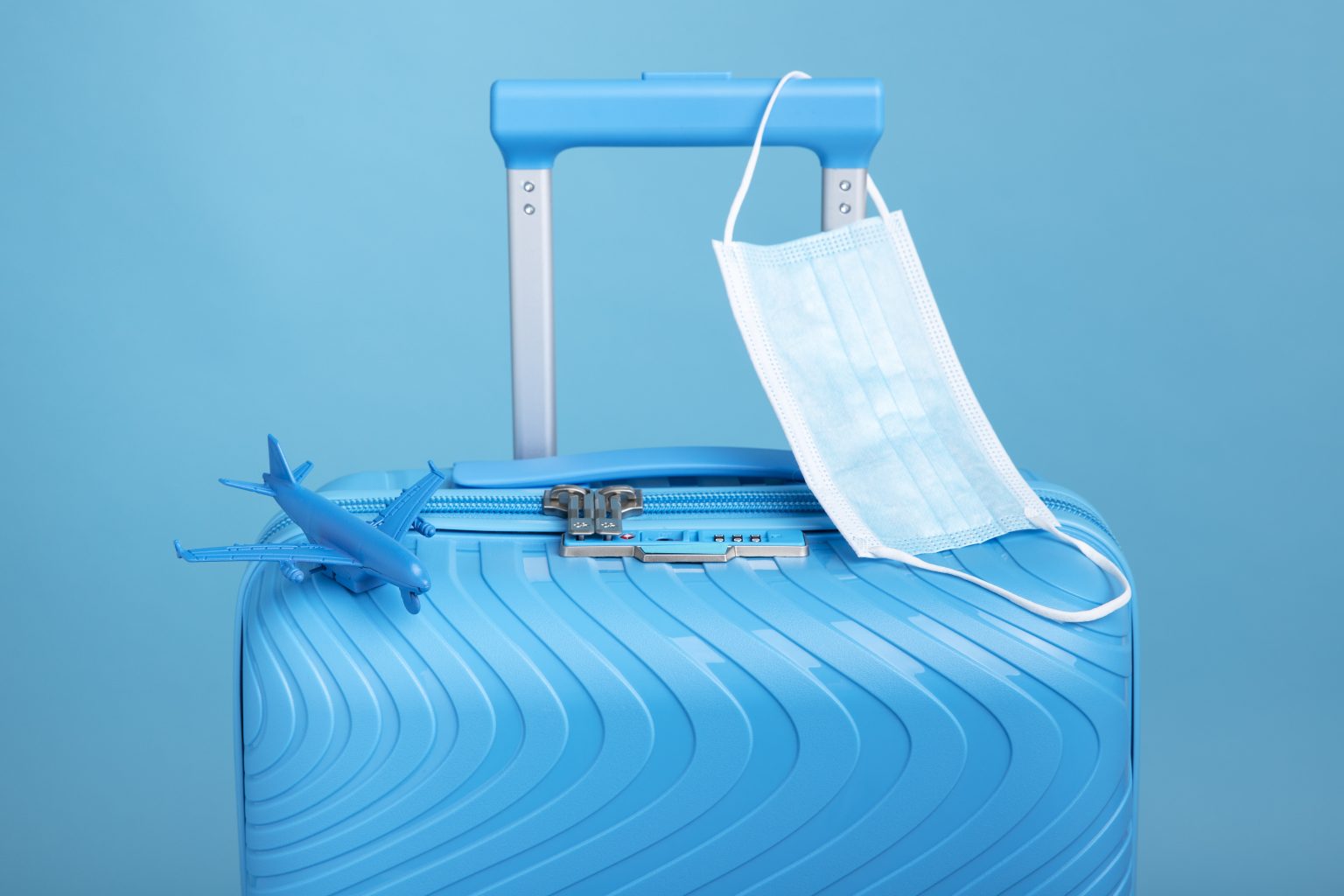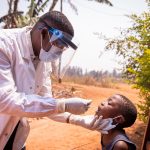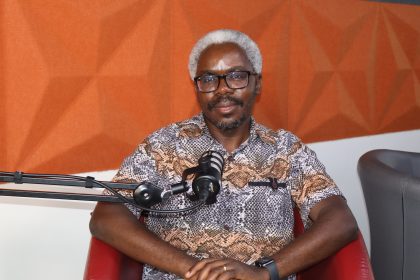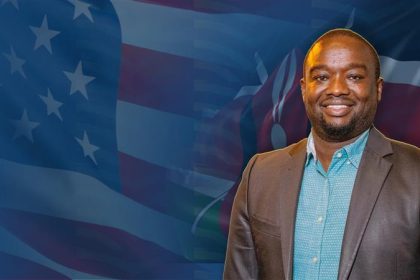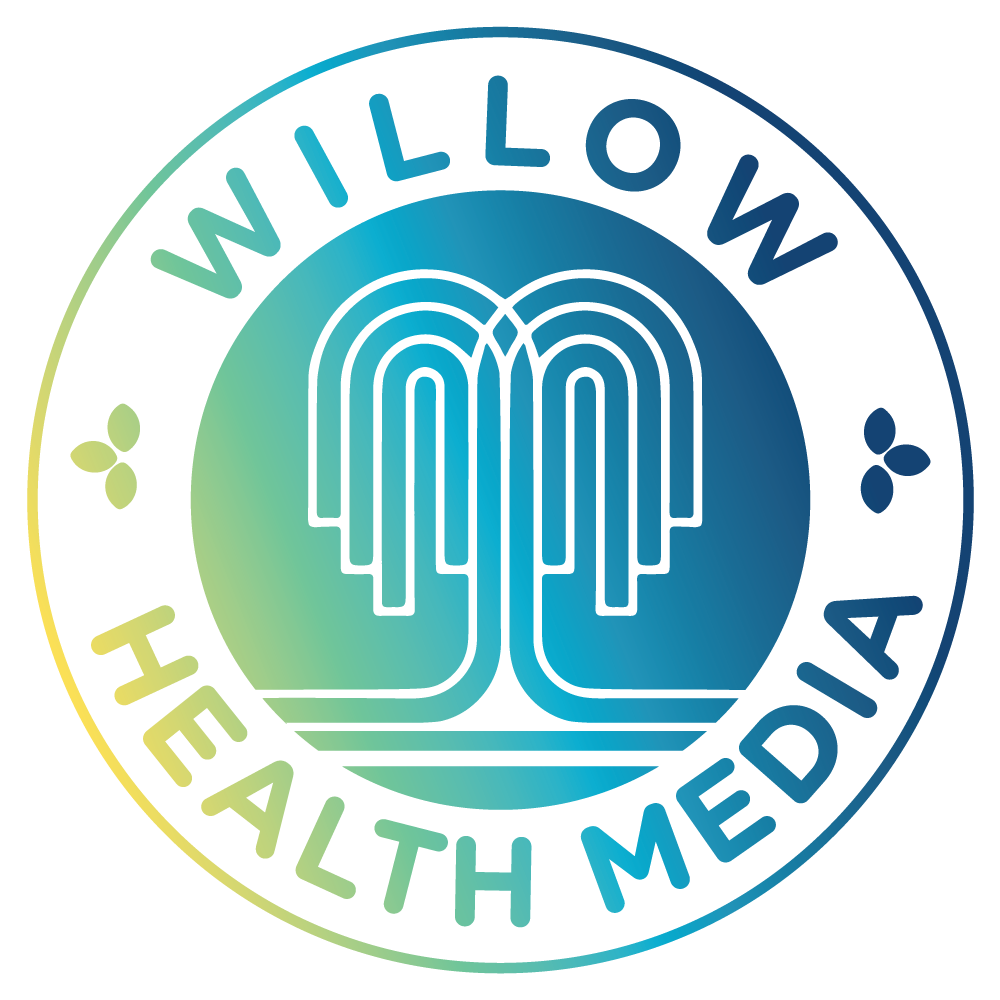Kenyan nurses who seek greener pastures abroad are usually the best, the sharpest, most experienced—those who can afford the plane ticket, a haemorrhage of skills meant to anchor our hospitals
On May 12, the world honours the heartbeat of healthcare —nurses. These tireless heroes bridge gaps in global health, especially in regions where care hinges on a mobile workforce. Kenya, a powerhouse of nursing talent, is now ranked the third-largest exporter of nurses to the USA, trailing only the Philippines and Canada. Behind every statistic lies a story of skill, sacrifice, and the quiet strength that keeps hospitals—and hope—alive.
But this exodus to meet international demand raises a pressing question: Can Kenya effectively meet her healthcare needs without compromising local capacity?
Dr Peter Preziosi, a healthcare policy expert, President and CEO of TruMerit, an international health workforce solutions outfit, said answer lies in ‘ethical recruitment’ during an interview with Dr Mercy Korir.
Dr Peter Preziosi argued that agreements between countries to manage the migration of nurses fairly should be “about ensuring nurses can migrate with dignity while source countries continue to build resilient health systems.”
Drawing from his broad expertise in ethical migration policies, Dr Preziosi explained that the first nurses to migrate are usually the best trained and with financial muscle to navigate the system.
“But what about those left behind?” he asked. “We must focus on upskilling the health workers who stay, especially in areas like digital health, Artificial Intelligence, and telemedicine.”
Kenya’s 2025 Economic Survey reveals both progress and gaps in the nursing sector, often missed by mainstream media. In 2024, diploma-registered nurses surged by 16 per cent, hitting 57,951—a sign of strong talent growth. Training institutions like KMTC also ramped up output, producing 19,483 mid-level health graduates in 2023/24, nearly double the figure from four years before.
Kenya ranks among the top three nurse exporters to the USA
Yet challenges remain: only 161 nurses completed higher diplomas in 2023/24, highlighting a shortage of advanced skills. The report also overlooks nurse migration, even as Kenya ranks among the top three nurse exporters to the USA. This raises a critical question: Is Kenya’s training boom strengthening its own healthcare system—or mainly feeding global demand?
This lack of data cuts deepest when considering critical care and mental health nursing. While COVID-19 exposed Kenya’s urgent need for critical care, the survey stays silent on ICU nurse capacity—a stunning omission. Meanwhile, mental health nursing graduates plummeted from 296 to 193 in 2023/24, even as the nation’s mental health needs surge.
The report champions Community Health Promoters (CHPs) but omits how they integrate with formally trained nurses—an oversight that could hinder care in rural areas where service gaps are most pronounced.
These gaps reveal a critical need for sharper data and smarter policies—to both train and keep Kenya’s nurses. TruMerit, the credentialing firm that clears nurses for migration, tracks their motivations for migration list three broad categories: lifting their families out of poverty through remittances, reuniting with loved ones already abroad, and to advance their careers through international education and specialisation.
Advanced Practice Nurses should find meaningful roles upon return, not barriers
Dr Preziosi noted that while many nurses hope to repair home someday, the reality is often demotivating for those who “advance skills and come back only to be slotted into the same job group.”
He urged governments to build career ladders as “Advanced Practice Nurses should find meaningful roles upon return, not barriers.”
TruMerit offers certifications in rehabilitation care, mental health, emergency nursing, and dialysis fields that can transform nursing careers.
“Providing such opportunities at home gives nurses a reason to stay,” said Dr Preziosi.
These certifications not only improve service delivery but also pace local systems with advances in global healthcare.
To address documentation delays, TruMerit has developed a Credential Transfer Portal, now linked to over 500 issuing authorities across 70 countries.
In pointing to innovation in care delivery, Dr Preziosi cites a pilot project in Rwanda where nurses and Community Health Workers are equipped with remote patient monitoring tools for telepresence consultations in rural villages.
Migration brings cultural challenges, too.
After the pandemic, borders reopened, migration surged, but the system could not keep up
“Nurses face gender and racial discrimination, especially in countries where women have limited rights,” Dr Preziosi said. While TruMerit doesn’t yet run cultural integration programs, he acknowledged the need for stronger support systems to ease nurses’ transitions abroad.
Countries like the US have visa caps per country, and Kenya is now experiencing delays due to rising demand. Dr Preziosi explained that after the pandemic, borders reopened and migration surged, but the system could not keep up. This bottleneck affects both the migrants and the health systems awaiting them.
For nurses interested in migration, Dr Preziosi recommends visiting TrueMerit.org, where tailored pathways are available depending on the destination country and its specific requirements.
“We assess education, licensure, and clinical experience,” he explained, adding that TruMerit works with the Ministry of Health, professional regulators and the US Embassy.
As International Nurses Day reminds us of the vital role nurses play in global health, it also urges us to protect and empower them, whether they stay or go. Ethical migration is not just about visas and paperwork, it’s about fairness, development, and dignity.
“Education sets you free,” Dr Preziosi said in closing. “Through formal learning or certified upskilling, nurses can transform lives, including their own.”



